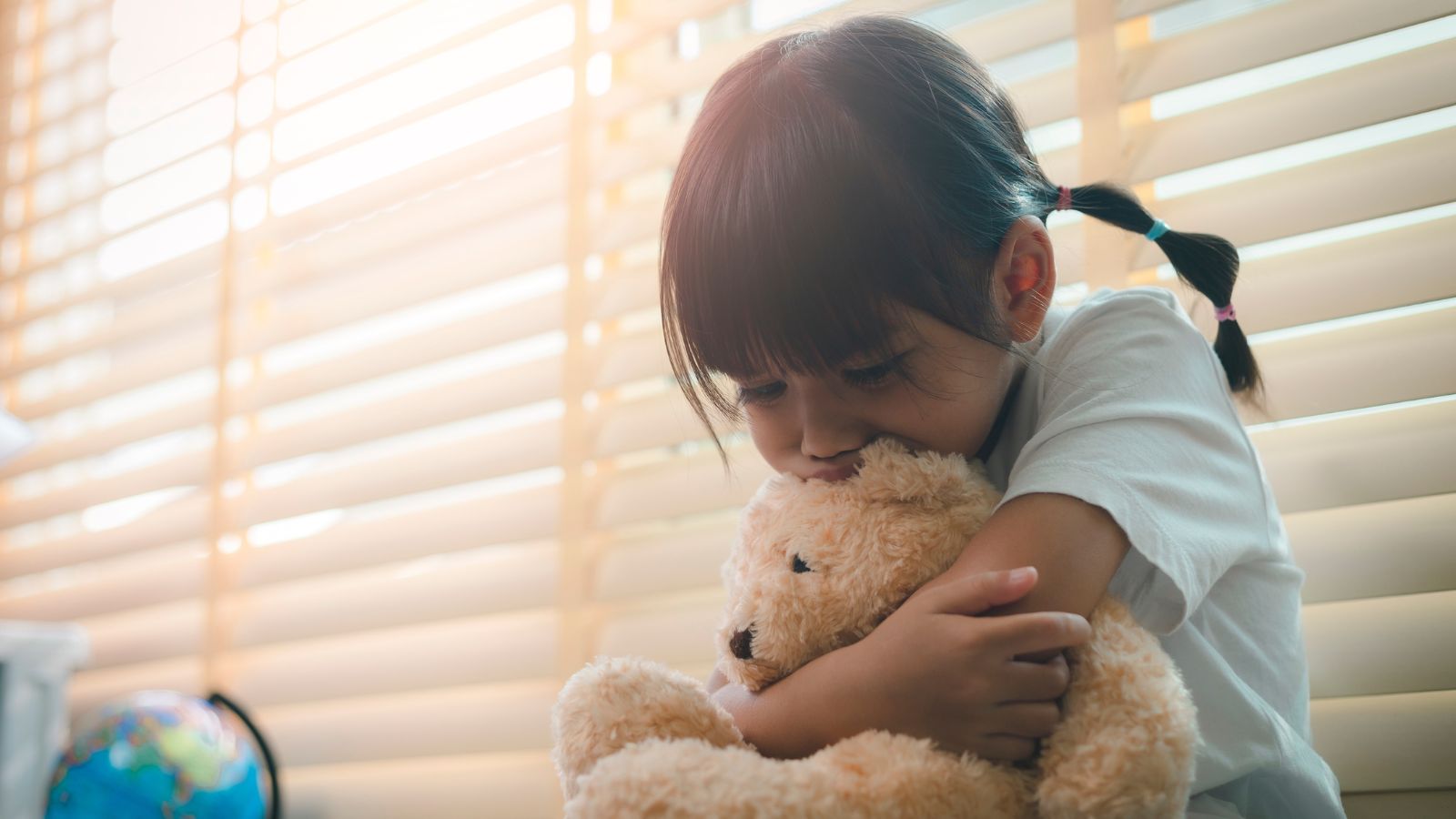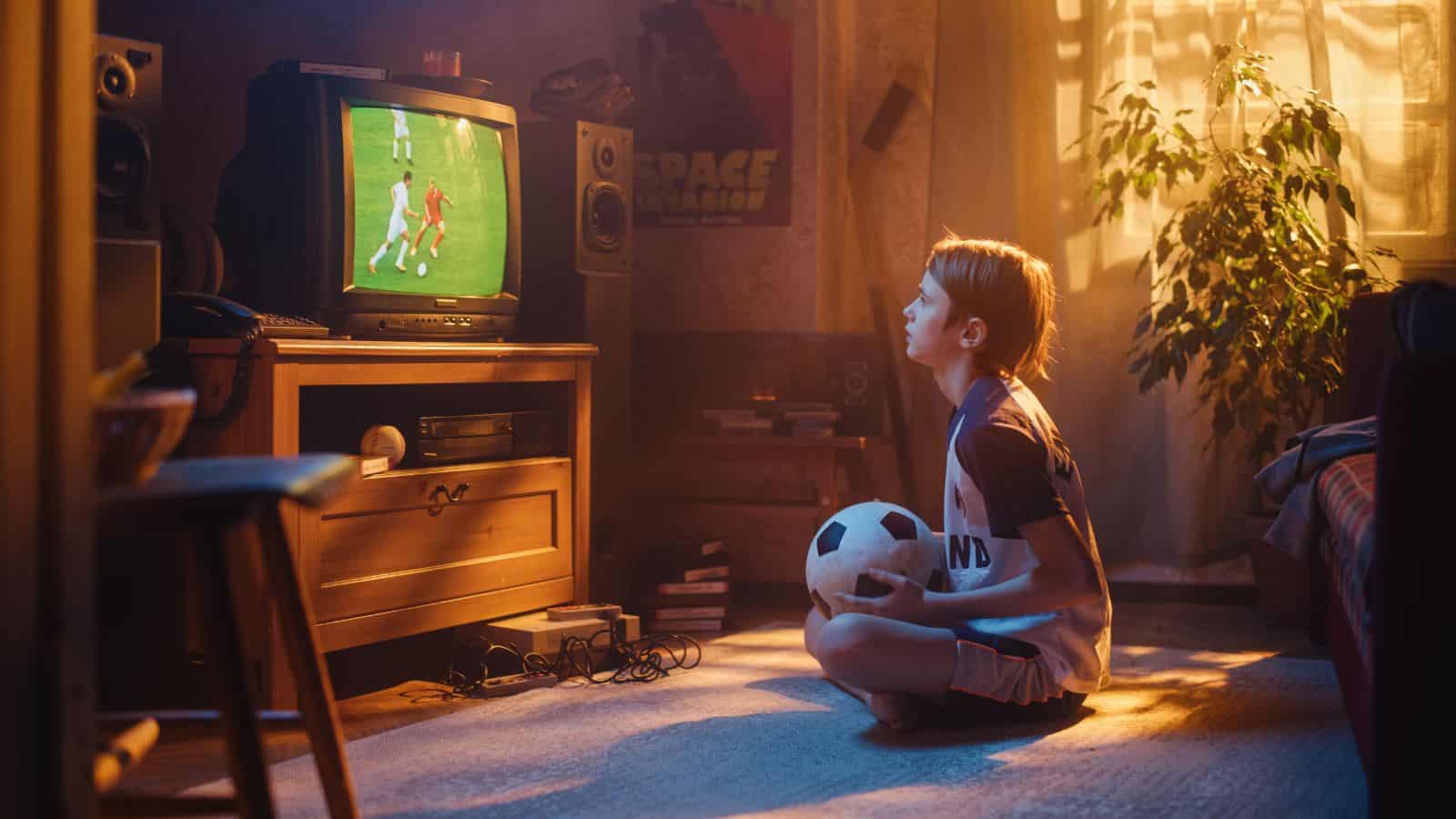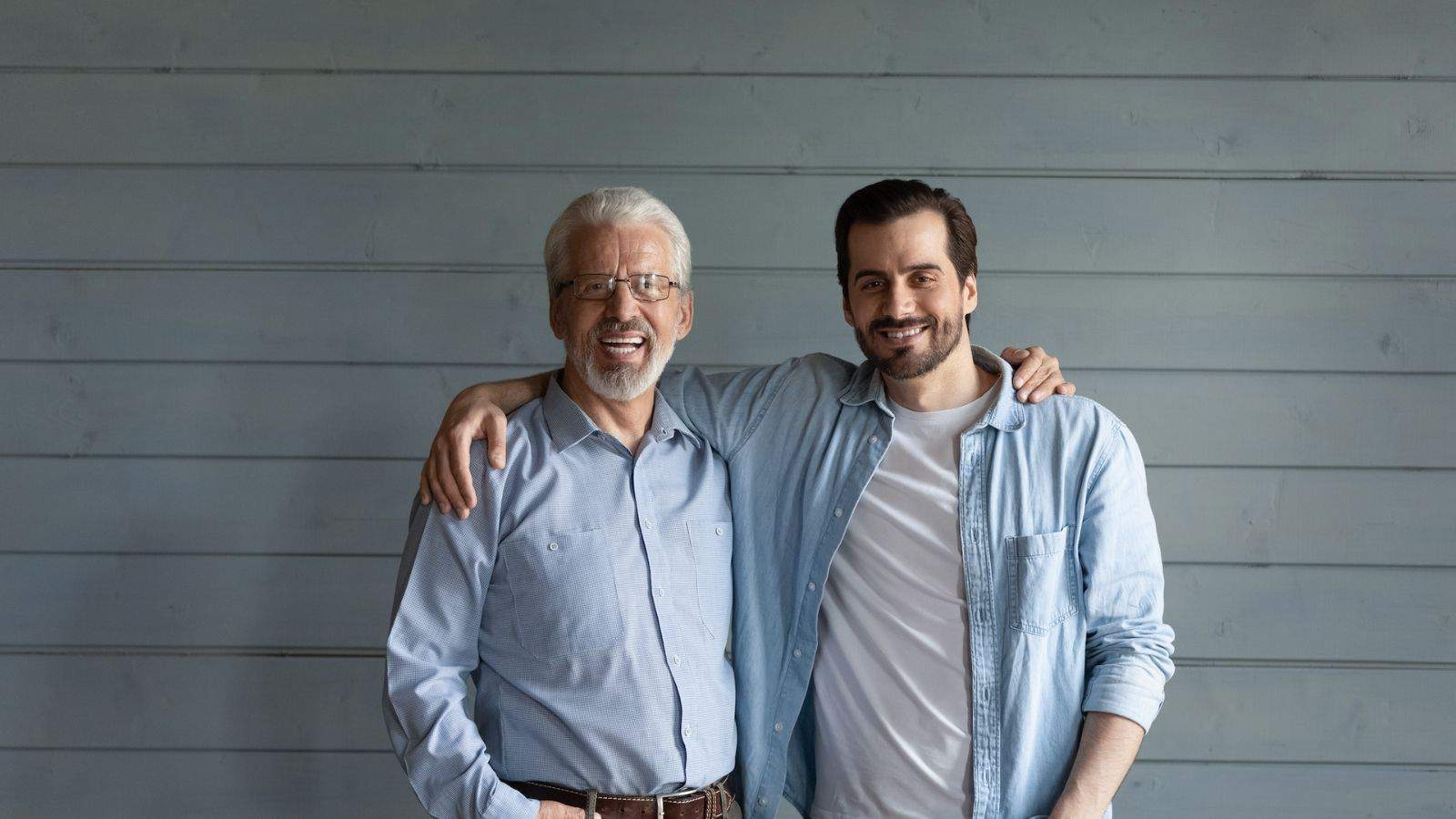Most people can agree that one minute, you were enjoying your carefree childhood, and all of a sudden, you became an adult with responsibilities, bills, and other problems. There’s no denying that adult life is harder, and this leads many people to yearn for their childhood freedom once again. So, here are 21 reasons why some adults still struggle to leave their childhood behind.
Emotional Comfort of Nostalgia

Everyone can agree that nostalgia offers a soothing escape, and for many adults, childhood memories are perfect for this, as they represent a simpler time. Holding onto these memories provides a sense of security that can be hard to relinquish, with the emotional warmth of nostalgia outweighing the desire to embrace the present fully. However, as Psychology Today points out, nostalgia can sometimes trap people into seeing the present as negative.
Unresolved Childhood Trauma

Unfortunately, not everyone has positive childhood experiences to look back on fondly, with people who experienced trauma during their childhood receiving lasting psychological scars. However, interestingly, such unresolved issues from these events often keep adults tethered to their past. The inability to process or confront these memories can prevent individuals from fully stepping into their adult lives as if they were robbed of their childhood.
Attachment to Childhood Identity

The identity formed during childhood plays a significant role in shaping an individual’s sense of self. When this identity is deeply ingrained, moving away from it can feel like losing a part of oneself. This attachment can make the transition to adulthood feel overwhelming, especially when someone was particularly popular or successful during their childhood.
Influence of Childhood Friendships

Any friendships that were formed in childhood tend to carry significant emotional weight, with these bonds remaining strong well into adulthood. This can make it difficult to detach from the past, as the shared experiences and memories create a powerful connection. While this can help people stay in touch with childhood friends, it can also prevent them from moving forward.
Fear of Adulthood Responsibilities

The responsibilities of adulthood are undeniably daunting, and as a coping mechanism for this, some adults cling to their childhood as a way to avoid such pressures and challenges. The fear of facing new responsibilities can keep them stuck in a childlike mindset, which is rarely a good thing.
Sentimental Value of Childhood Objects

Items from your childhood, such as soft toys or clothing, often carry significant sentimental value. These objects can serve as tangible links to the past, so when they’re still around, it can make it feel difficult to let go of your childhood. As a result, the emotional connection to these items can keep adults anchored to their earlier years, even as they grow older.
Influence of Family Dynamics

Family relationships established during childhood can heavily influence adult behavior. Patterns of interaction and roles within the family can be difficult to break free from, even when they no longer serve a positive purpose. This can perpetuate a sense of being trapped in the past, something that all too many adults struggle with, especially when they lose said family members.
Difficulty in Adapting to Change

Nobody finds change easy to deal with, so to deal with it, some adults find comfort in the familiar routines of their childhood. However, this fear of change can make it difficult to embrace new experiences and fully step into adult life, leading to resistance that only prolongs their attachment to the past.
Influence of Childhood Dreams

Many adults continue to hold onto the dreams and aspirations they had as children, as these unfulfilled ambitions can create a sense of incompletion. Sadly, this causes individuals to remain emotionally invested in their childhood selves, forming an unhealthy attachment that can hinder their ability to fully settle into adult life.
Impact of Early Achievements

As we briefly mentioned earlier, early successes can leave a lasting impression, with some adults finding it challenging to move beyond their childhood achievements. They often fear that they may never reach such heights again, leading to a reluctance to move forward, keeping them focused on past accomplishments.
Romanticizing the Past

There’s a tendency in life to romanticize the past, even when times weren’t as rosy as we remember. Childhood, in particular, is often remembered as a time of innocence and joy, even if it wasn’t perfect. Sadly, this idealized view is completely unrealistic, and it’s more damaging than you might realize, as it creates a barrier to fully engaging with the present and future.
Influence of Cultural Expectations

Cultural norms and expectations learned during childhood can be deeply built into our memories, with these societal influences shaping how adults view themselves and their place in the world. Sometimes, this can be positive, but often, breaking away from these long-held beliefs can be challenging, keeping individuals tied to their childhood perspectives.
Fear of Losing Connection to the Past

There’s no denying that letting go of childhood can feel like severing a connection to one’s roots. For some, this fear of losing touch with their origins can lead to a reluctance to fully tackle adulthood. Ultimately, they choose to maintain a link to the past, which provides a sense of continuity and belonging, so it’s not necessarily a bad thing.
Comfort in Familiar Routines

Another reason why some adults struggle to leave their childhood behind is that their youthful routines and habits provide them with a sense of stability. For many adults, sticking to these familiar patterns offers comfort in a world that often feels unpredictable. However, such a reliance on old routines can prevent them from exploring new opportunities, which isn’t great.
Influence of Parental Expectations

If a child is subject to parental expectations, this can continue to exert pressure on them well into adulthood. The desire to meet these expectations, even when they no longer align with one’s current goals, can keep adults focused on their childhood roles. This can hinder their ability to forge their own path, so it’s best to leave such expectations in the past.
Impact of Childhood Hobbies

Any hobbies and interests developed in childhood will no doubt shape an individual’s passions and pursuits. While these activities can provide lifelong enjoyment, an over-reliance on them can limit an adult’s willingness to explore new interests. This attachment to childhood hobbies can restrict personal growth because who knows what new opportunities you might be neglecting.
Fear of Failure

One of the most common reasons people cling to their childhoods is the fear of failure, which is often rooted in childhood experiences. Childhood represents a time when they felt more confident and secure, and they’re painfully aware that they might not be doing so well as an adult. Unfortunately, this fear of not measuring up in adulthood can keep them stuck in the past, avoiding new challenges.
Influence of Media and Pop Culture

Most people can agree that media and pop culture from their childhood left a lasting impact. Nostalgic references in movies, music, and television can all trigger powerful memories, reinforcing a connection to the past. This constant exposure to childhood influences can make it difficult to move on from earlier phases of life, especially these days, with platforms like YouTube allowing us to relive these moments at any time.
Unfinished Business

If an adult has unresolved issues or unfulfilled goals from their childhood, it might keep them emotionally tied to their past. The desire to complete or achieve something that was left undone can create a lingering attachment, but in reality, it’s counterproductive, as it prevents them from starting new projects in their adult lives.
Influence of Childhood Role Models

Most children have role models, such as parents, teachers, or even fictional characters, and they significantly shape their values and aspirations. This doesn’t end in childhood, though; these influences can remain powerful well into adulthood, sometimes making it tough to develop new role models or redefine one’s identity.
Fear of the Unknown

Above all, everyone can agree that the unknowns of adulthood can be intimidating. To deal with this, some adults find comfort in the familiarity of their childhood experiences, which they understand and can predict. The uncertainty of the future can make them reluctant to let go of the past, and sadly, this generally leads to them clinging to what they know rather than anticipating what lies ahead.

